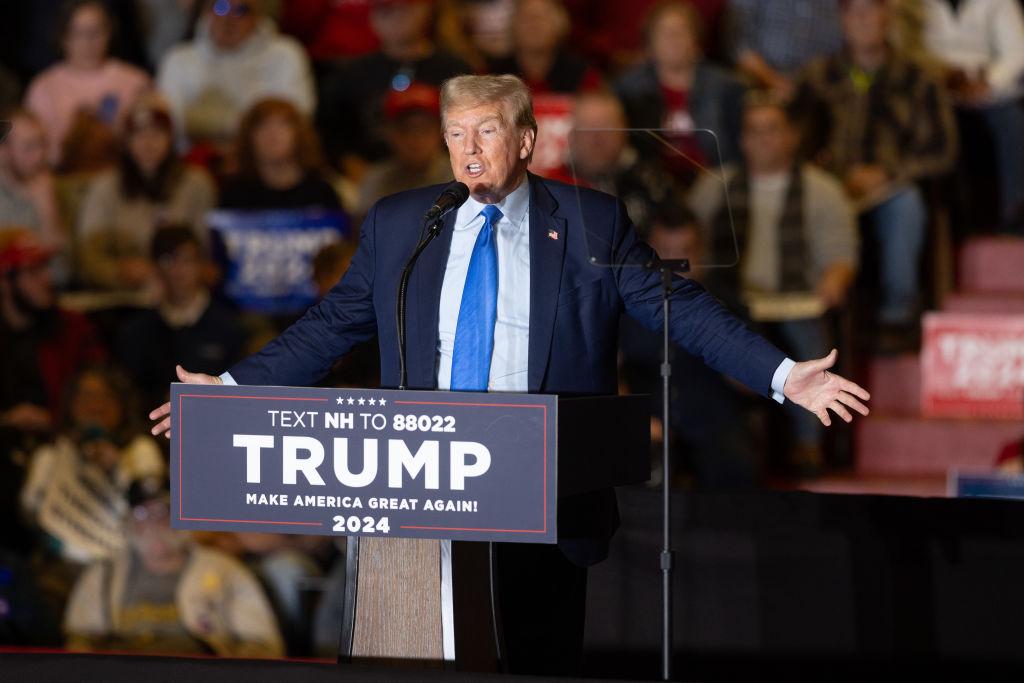On Wednesday, Colorado 2nd District Court Judge Sarah Wallace heard closing arguments from parties in a 14th amendment case, with plaintiffs seeking to remove former President Donald Trump from the state’s primary ballots next year as he seeks reelection.
Departing from state courts that have reviewed and dismissed several other similar cases due to lack of standing or jurisdiction, Judge Wallace presided over a trial that got into the weeds of whether the events of Jan. 6, 2021, constituted an “insurrection.” She is planning to issue a ruling by the end of the week.





